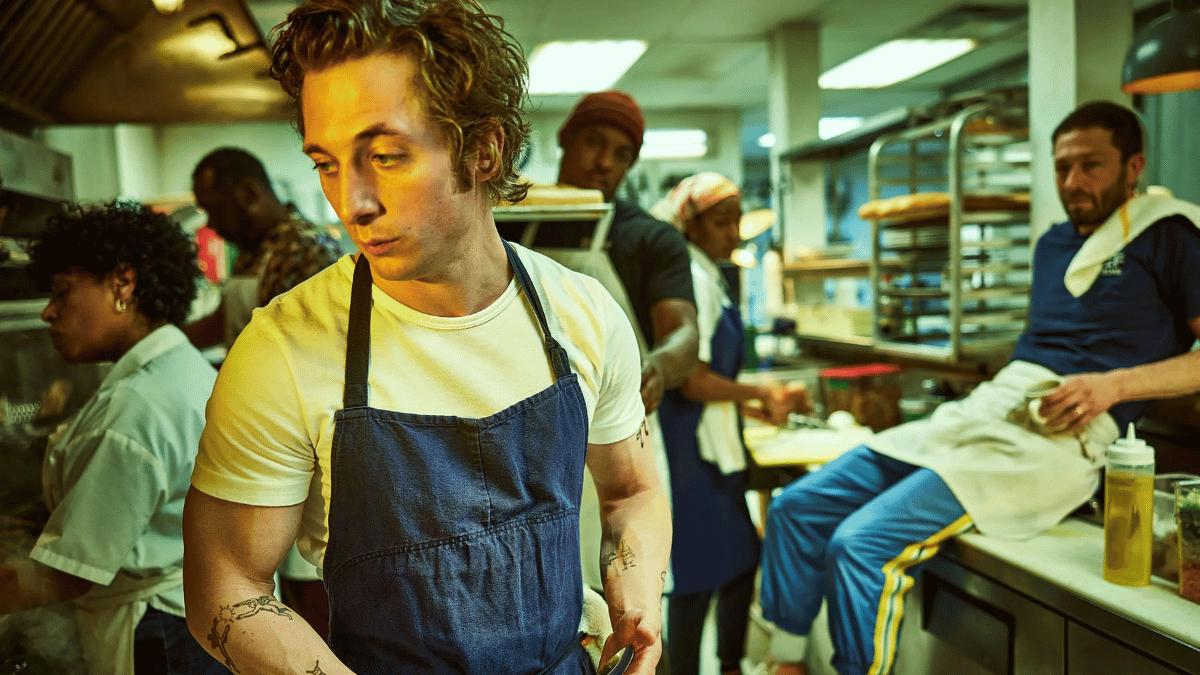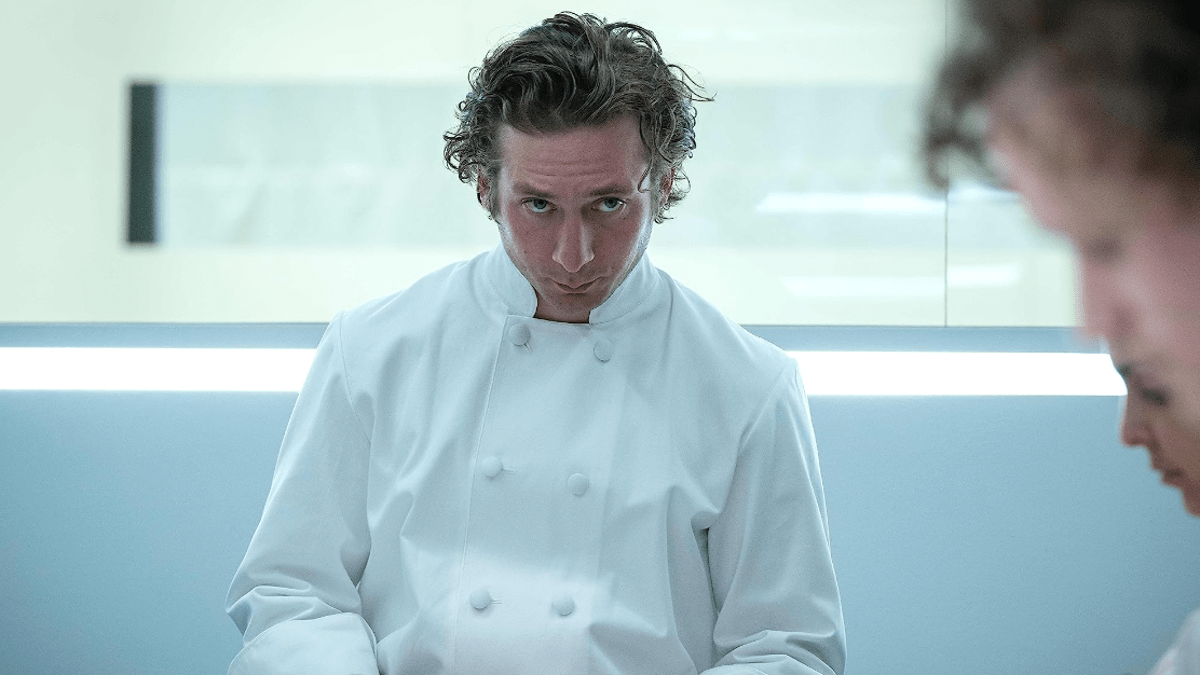In this world where conceivably everything is at your fingertips, companies keep trying to invent the wheel – even when it comes to dining. Whether you know it or not, your favorite food delivery services such as DoorDash have been a bridge to a new fad known as “ghost kitchens.” Though perhaps not as spooky as it sounds, it is frightening how they have popped up without anyone noticing. Open up any of your customary apps and, more than likely, you will run into a restaurant that doesn’t actually exist. At least, not in the physical world.
These so-called ghost kitchens or virtual dining isn’t the strangest concept in the world. During the pandemic, many industries changed, and not always for the better. Theaters are slowly dying a drawn-out painful death, even if Barbenheimer is trying to revitalize it. Basic cable is all but being reinvented by streaming platforms such as Showtime and Paramount merging under one subscription. The one thing that never seemed like it would change would be restaurants. But lo and behold, modern society figured out how to make one of the oldest institutions even more complicated.
Ghost kitchens have expanded too fast

The main conceit of these operations is for people cooking food to expand their profits without ever opening a storefront. Ghost kitchens are food services for delivery or take-out purposes and operate out of already-existing restaurants. Without needing to pay waitstaff or restaurant costs, food services can expand faster.
At least, that’s the idea. Though virtual kitchens are convenient for many, the business inevitably has a downside. Often existing businesses that make meals for these delivery services have minimal time to learn the new menu. This fact has led to controversies, such as what happened with the award-winning MrBeast. For those who aren’t familiar with the celebrity side of YouTube, this is the moniker that influencer James Donaldson goes under. His main brand is designated to wild stunts in the name of charity. So far so normal, right? The issue started, however, when the YouTuber partnered with Virtual Dining Concepts to expand his ghost restaurant. Aptly named, MrBeast Burger’s main cuisine is standard American fare but somehow went extremely wrong. Many consumers who ordered from the menu received less than adequate burgers, such as @Orlando_Brendan.
Others have reported less egregious crimes, such as the food being simply lackluster. But whatever your experience, it’s safe to say that MrBeast’s venture was a critical failure. The YouTuber took quick action over fan complaints and, according to Kotaku, sued Virtual Dining Concepts over the venture. The big problem with these institutions is the laissez-faire way of doing business. With new companies like these, their only interest is in expansion and not quality. The same could be said for streaming platforms like Disney Plus, which just throws anything at the wall to see what sticks. If we’ve learned anything from the failure of Secret Invasion, it is that people don’t want to be fed garbage. Of course, that isn’t to say that every one of these businesses falls into the category. But like any exciting and new prospect, it is probably better to look into what you’re paying for before you order.

